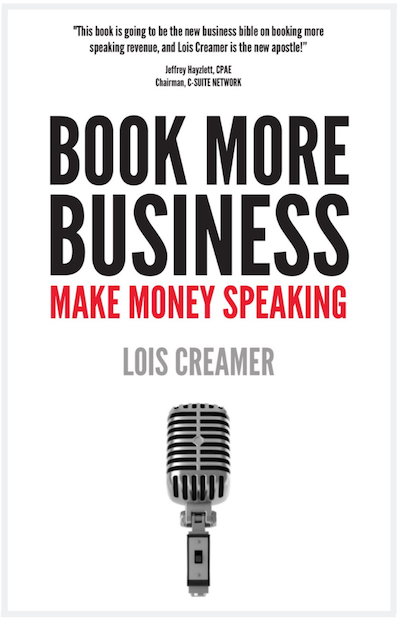The business of speaking is a lot like acting. A lot of rejection. It takes many “no’s” to get to a “yes.” That’s the norm in speaking. I tell new speakers to be prepared for a first year that may look like this:
“Be prepared to spend 98% of your time selling yourself and 1% on a platform speaking”.
I say this not to discourage, but to give a realistic picture of what it’s like to be a professional speaker. We know that a lot of people think this is an easy job. You get paid a lot to spend an hour with a client. They have no idea what work went into discovering and cultivating the opportunity.
We must be able to accept rejection as something that will happen … often. And we must be able to learn from rejection, not unlike when we speak and get critical feedback. And a significant point here. Don’t ask for feedback if you don’t want it!
Consider the following ways to turn rejection and negative feedback into resilience.
- Consider where the feedback is coming from. This is an important consideration. When you’re coming off the stage and hear a negative, is it from an audience member or a hotel staffer? This can make a big difference! I remember doing a chapter event years ago. When I was finished, there was still some chapter business to cover. I walked to the back of the room. A hotel staff member where the meeting was taking place was refreshing some snacks and said, “Boy, you sure talk fast”! Wow, I thought. I’ve never heard that before. I wonder if I talk too fast. I asked several audience members, all professional speakers, and they said they liked the pace. Further, I reviewed the film of the event. I was happy with the pace. Note: this doesn’t mean discounting a comment because it didn’t come from the client. Had I heard, “You talked too fast, and the asparagus hanging from your front tooth was distracting, I’d have considered it valid!
- Who are you being measured against? As a presenter, there’s a difference between someone new to speaking, and someone who’s been doing it for years. Sometimes as professional speakers, we’re hard on ourselves. Becoming better takes practice, perseverance, and patience.
- Share feedback with some of your friends in the business and get their take. Is the input valid? This is one of my strong suggestions. When you hear something you don’t like or disagree with, turn to trusted sources. What’s the take of friends and colleagues you respect? We know that in NSA, we are encouragers. Use your valuable relationships for feedback and clarity.
- Can I take this feedback and improve? Always consider this. I’ve made lots of changes in my business based on what I call “well-considered feedback.” Look for the kernel of truth that helps you make a positive change. It can help you thicken your skin and make some necessary changes.
- When facing rejection, analyze the cause. Was it a mismatch in fee, subject matter, industry knowledge, or timing? Make sure you are getting to the heart of the case.
- Know when to move on! This is a big one for me. Sometimes, rejection can be a cue that it’s time to move on. Use it.
So, how have you been able to use rejection or negative feedback as a motivating tool? That, to me, is our ultimate challenge!
Copyright 2023, Lois Creamer, Book More Business. Lois works with professional speakers who want to book more business, make more money, and fully monetize their message.
Lois@BookMoreBusiness.com 314-374-4007
Sign up for my blog posts so you don’t miss any at http://www.BookMoreBusiness.com/blog.
Check out my book – Book More Business: MAKE MONEY SPEAKING and The Speaker Author: Sell More Books and Book More Speeches available on Amazon!


